At the time, it was audacious. Guy Benson, now a commentator for Fox News and Townhall, recalls being approached by an Illinois teenager who wanted Chicago high schoolers to listen to conservative ideas. He offered the same advice to the gangly 6ft 5in youngster that anyone would suggest to a man with a mind on politics: keep hustling, go to a good school, get a degree and an internship at a think tank. But the precocious Charlie Kirk had different ideas. “He was smart enough to completely reject my advice,” says Benson. Neither of them could have known how that decision, and the Turning Point USA organization Kirk then founded, would go on to change the country.
Instead of pursuing the traditional path, Kirk built something new based on a combination of a natural charisma, a skill for fund-raising and social media and a smiling face of good-natured Midwestern sincerity. He embarked on a relentless campaign of campus debates, parachuting himself behind enemy lines at universities across the country. For eager students long-starved of conservative thought on campus, it was a jolt of inspiration to stand up for their ideas and, if not to win every argument, at least to win over many in the crowd.
Kirk was calling on Americans to get married, to have kids and to return to the church
In environments where silence about beliefs was the key to success and sympathetic professors were few and far between, Kirk offered more than just entertainment value: he became a living symbol for all those who wanted to push back against the dominant ideas of the woke left. It was a crusade with small beginnings, but one that led to events packed with thousands of young people with Charlie at its center. He had that winning “aw-shucks” patriotism. He was ready to take on all comers – and that’s exactly what he was doing on a bright sunny day in Utah when an assassin’s bullet struck him down at the age of just 31.
It’s rare in a time of such constant news and disaggregated focus for an event to become the only story that matters. Kirk’s death became this instantly, on every network, dominating discussion not just in politics but in every corner of American life. Stadiums across the country filled with hundreds of thousands of fans saw moments of silence, prayers and player dedications for the young man. Heartfelt condolences were offered by everyone from Supreme Court justices to Marvel stars, from former presidents to members of Coldplay.
The success of Kirk’s effort was no forgone conclusion. He started out long before presidents were going on comedy podcasts and at the time, the left was riding high on a feeling of permanent social change. Coming out of the Tea Party era, and the cultural dominance of Barack Obama when so many in the Republican cohort wrote off young voters as unwinnable, Kirk’s aspirations for a turning point in American history seemed naive to his critics – even those on the right who hoped for success. A decade later, Kirk and his operation would help return Donald Trump to the White House with stunning levels of support among young men and historic gains among the under-30s. “College and non-college males shifted so significantly in the Republican direction, it can be argued it was by itself the deciding margin in multiple swing states,” pollster Wes Anderson told me. “And TPUSA and Charlie were a massive piece of that rightward movement.”
But Kirk wasn’t just offering arguments to use in class. He was calling on American citizens to get married, to have kids and to return to the church. “What Charlie tapped in to, on the front end, many of us didn’t think that stream existed,” Anderson says. “Yes, he was bringing conservatism to a lot of young people who had never heard of it, but more importantly, we’re talking about a generation that is the least churched ever, the least aware, with no exposure to religion – at a level unseen since modern polling began. But something very strange has happened: as Gen Zers enter the workforce, they are becoming exceedingly angry. In focus group after focus group, they tell us their frustrations, that everything they’ve been taught about how to order their lives by those indoctrinating leftist institutions is not working. Some of them radicalize even further to the left, but others are desperately searching for answers and not just politically, but about life. And to these people, Charlie was a man in the desert handing out cups of water.”
In the context of the American right, Kirk also took on a role that effectively dictated the Overton window of conversation around multiple topics. His support for including gay people in the conservative movement in opposition to some social conservatives was well known, as was the inclusion at TPUSA events of critics of Israel – a decision that became especially controversial as one of his former compatriots, podcaster Candace Owens, engaged in increasingly conspiratorial anti-Semitic rants.
Even as the success of this mission made Kirk an aspirational symbol for the right, he came to symbolize everything the American left hates – his Midwestern pleasantness transformed into a portrait of a smarmy jerk. How much the left hates him wasn’t fully evident until after his death, when social media posts celebrating his demise, users inventing false quotes and tweets mocking his mourning supporters led to hundreds of firings and suspensions, including among prominent media figures such as MSNBC’s Matthew Dowd and the Washington Post’s Karen Attiah.
The outpouring of sympathy for Kirk’s young wife Erika, who gave a passionate on-camera speech mourning her husband, was one side’s natural reaction. The other side spread shockingly callous remarks about Kirk, along with an aggressive attempt to spin the alleged assassin as having impossibly vague motivations, or being himself a right-wing extremist. There was a desperation in this false depiction, embraced en masse by CNN hosts and the largest leftist Substackers. When the alleged killer’s text messages were released, his motivations became hard to deny. He was a smart young student from a conservative religious family whose reported relationship with his transgender roommate seemingly pushed him toward regarding Kirk as a fascist, an advocate for hate, just as the left-wing media had told him over and over again. “I had enough of his hatred. Some hate can’t be negotiated out,” Tyler Robinson texted his partner. Yet an ABC News reporter said his messages were “so fulsome, so robust… so touching,” praising him for “speaking so lovingly about his partner.”
Charlie was unafraid to go anywhere and make the case for what he believed
Author Walter Kirn weighed in with his prediction on X about the next steps in the left’s narrative: “How this all started is not how it will end. A story that began with a clear traditional moral shape, an innocent victim, a vile perpetrator, will be transformed using secondary characters, new revelations and other dramatic elements into its very opposite – a story of forbidden love, persecution by religious bigots, a poignantly rebellious heartfelt protest against a World that Doesn’t Understand.”
But for a generation which, as FIRE’s Greg Lukianoff has found, consistently supports more censorship and less free speech, including the banning of extreme views on campuses, Kirk’s death could instill the notion of the assassin’s veto. Conservatives are emphatic about the need to take up Kirk’s mission, but do college officials really want the possibility of copycat crimes on their quads?
From the 2017 attempt to kill a group of congressional Republicans at softball practice, the steady increase of politically motivated violence in America has largely emerged from the radical left. The underlying motivation to consider such violence is clear: a recent YouGov poll found that 77 percent of Republicans believe it is always unacceptable to feel joy at the death of someone they oppose politically, while just 38 percent of Democrats feel the same. If you’ve been told over and over again that your opponents are Nazis, fascists and white supremacists who are literally killing people and who represent an existential threat to the future of the nation, why would you allow them to speak anywhere, let alone to impressionable college kids? Such people should be hounded from polite society – and worse. And if the end of your political effort is a bullet with “hey fascist, CATCH” written on its casing? Well, maybe you shouldn’t have been a fascist.
As for many Christian conservatives such as Texas Congressman Chip Roy, the loss of Kirk is about more than a sad moment in American politics – it’s a time to reflect on what matters most. “The loss of Charlie is profound because it’s not just about the organization or who’s carrying it forward, but about an individual uniquely gifted by the Lord, who combined principle and courage with a level of goodness and kindness,” he told me.
“There’s a new generation that is growing out of TPUSA, new people not yet known to us, who can reignite the American spirit and carry it forward. If they can do that, there is hope for not just the nation, but for a real Christian revival when people are hungry for it. Charlie was unafraid to go anywhere and make the case for what he believed. Not being dissuaded by this moment is key – we have to encourage and be encouraged by the people who were encouraged by him,” Roy said. For the American right, that could be the difference between the revival they hope for and the revolution Charlie Kirk feared.
This article was originally published in The Spectator’s September 29, 2025 World edition.










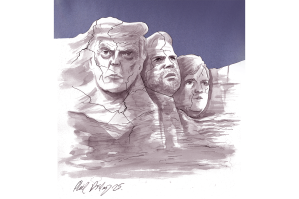
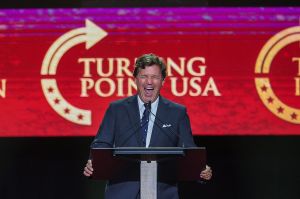

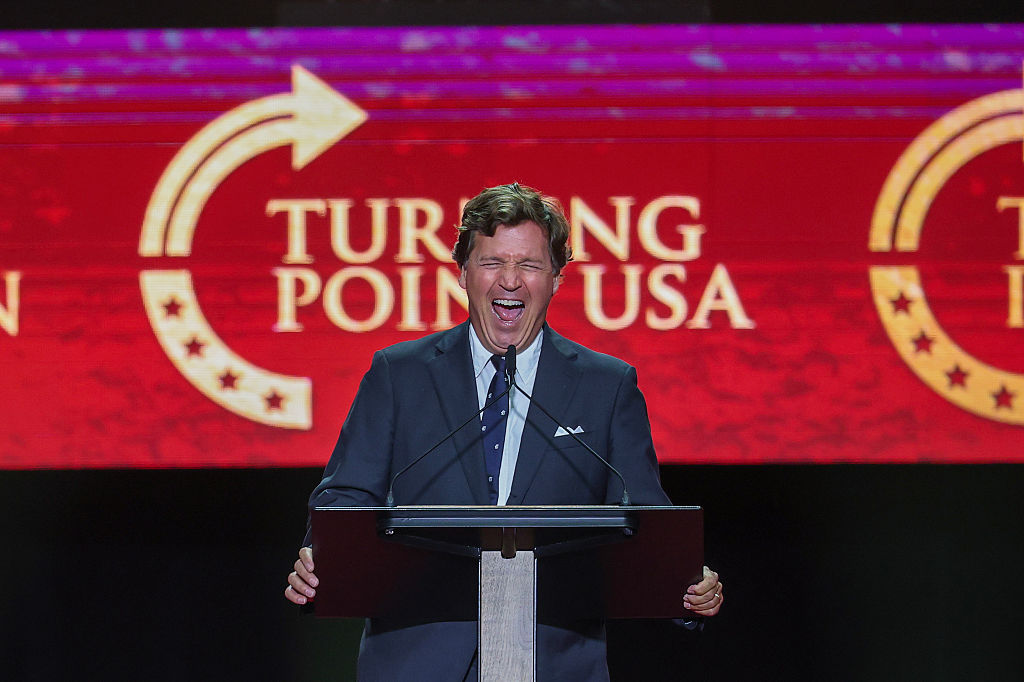

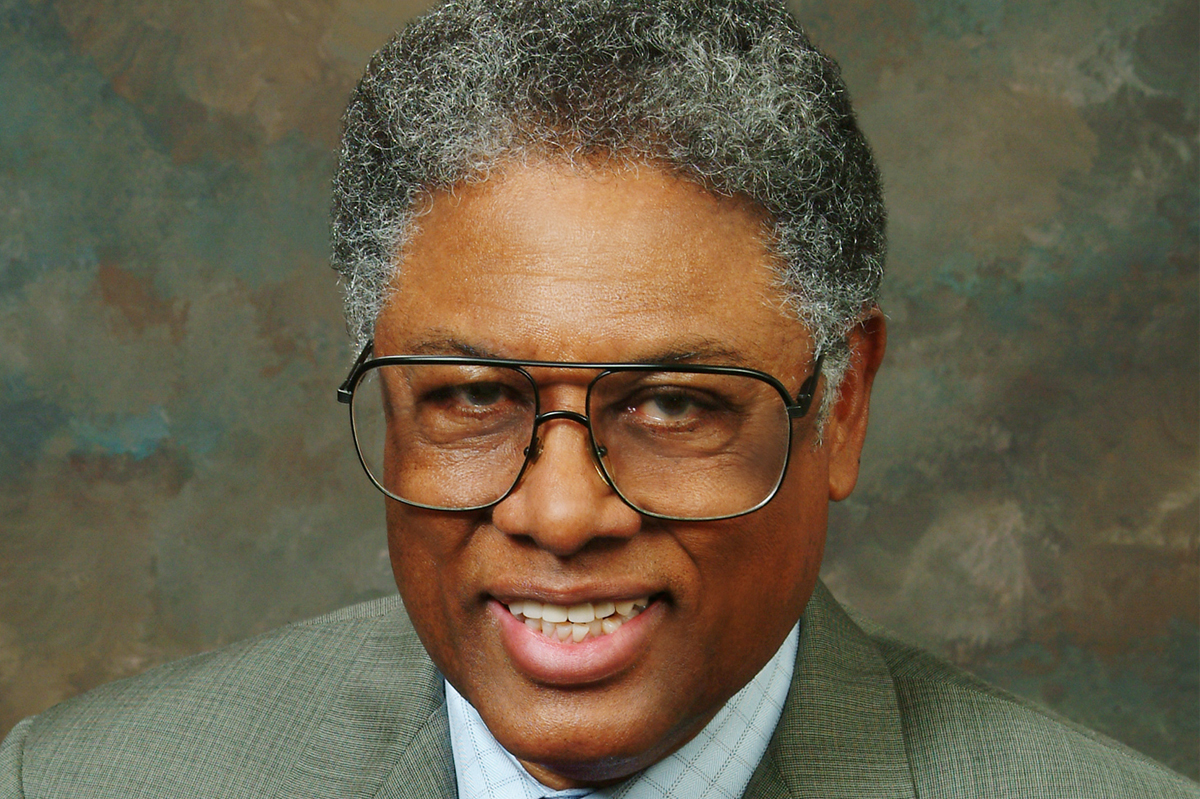

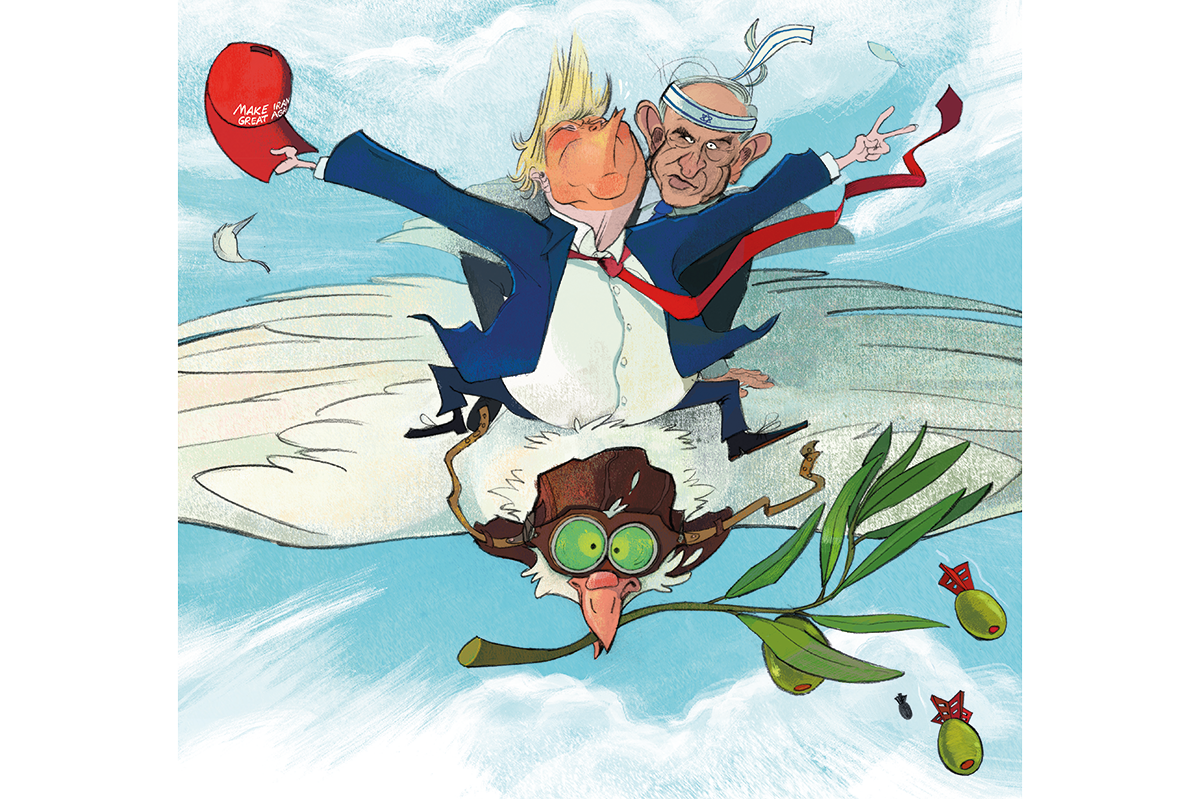
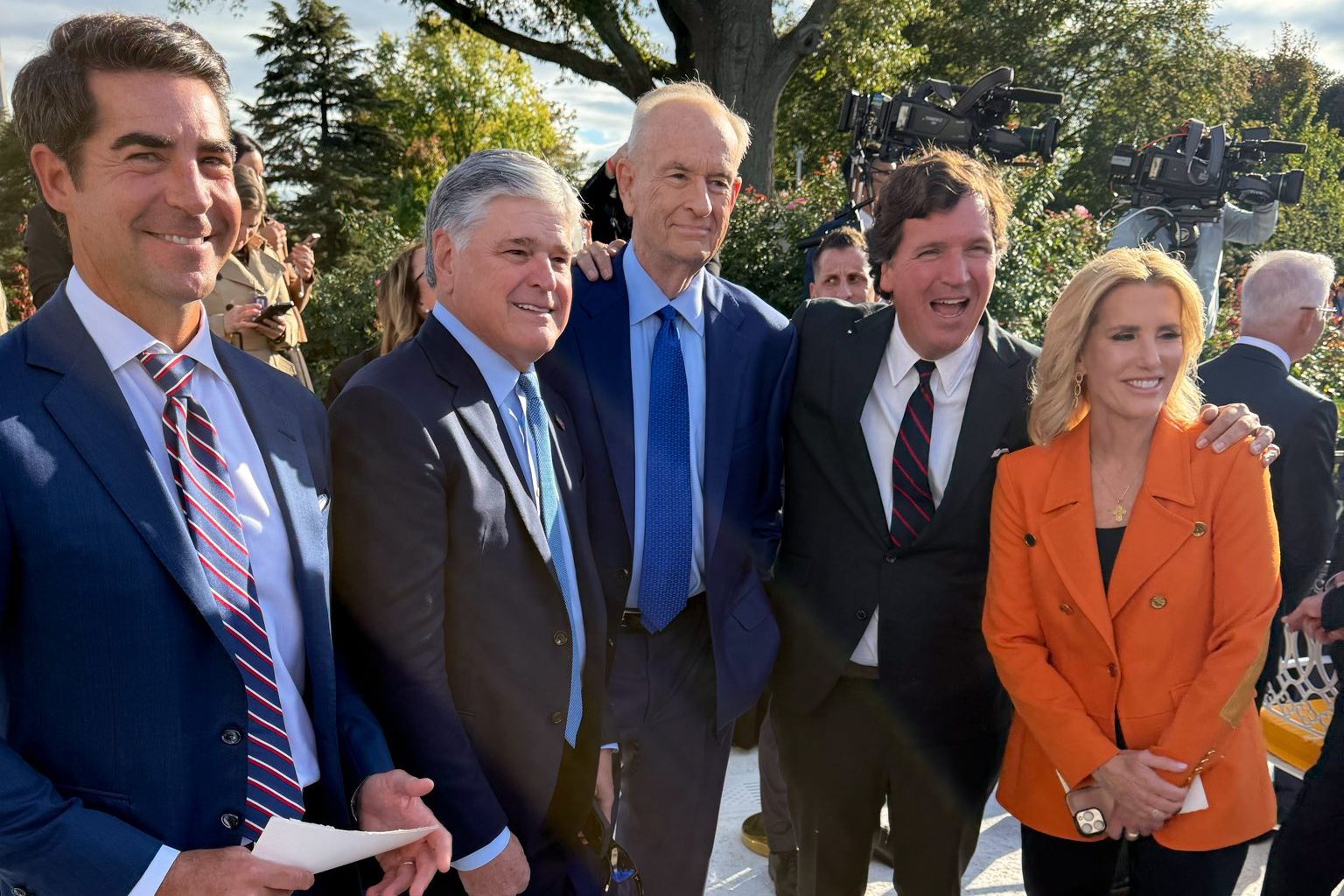







Leave a Reply